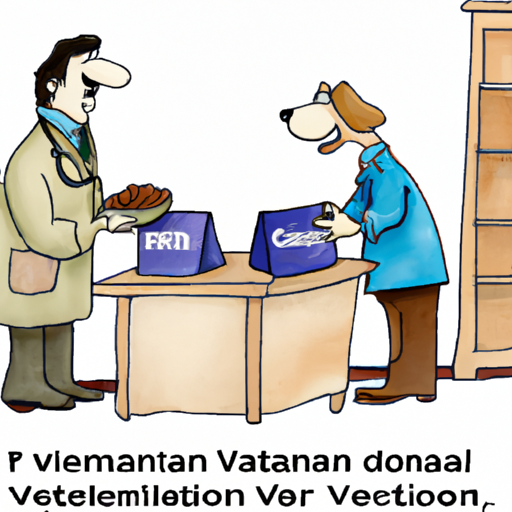Understanding Gastrointestinal Problems in Dogs
When your furry friend isn’t feeling well, it’s hard not to feel helpless. Gastrointestinal problems are common in dogs, encompassing a range of issues from diarrhea to stomach pain. As caregivers, the first step towards helping your dog is understanding what’s going on inside their body.
Gastrointestinal problems can stem from a variety of causes, including:
- Ingesting inappropriate food or foreign objects
- Changes in diet
- Bacterial or viral infections
- Parasites
- Chronic illnesses like pancreatitis or inflammatory bowel disease
The Role of Diet in Managing Gastrointestinal Issues
Diet plays a significant role in managing your dog’s gastrointestinal issues. Just as certain foods can cause problems, others can help soothe your dog’s digestive system. However, remember – you’re not alone in this journey. Collaborate with your vet to come up with a tailored diet plan for your dog.
- Low-fat diet: High-fat foods can exacerbate gastrointestinal issues. Opt for low-fat foods to help your dog’s system recover.
- Easily digestible proteins: Think white meats like chicken or turkey. Your dog’s stomach will have an easier time breaking these down.
- Cooked or canned pumpkin: This is a rich source of fiber which can help regulate your dog’s bowel movements.
Signs Your Dog’s Diet Needs a Change
You know your dog better than anyone. If you notice any of the following signs, it may indicate that their diet needs a change:
- Chronic vomiting or diarrhea
- Excessive gas
- Loss of appetite
- Abdominal pain
- Weight loss
Remember, these signs can also indicate other health issues, so it’s essential to consult with your vet.
Recommended Foods for Dogs with Gastrointestinal Problems
| Food | Benefits |
|---|---|
| Cooked Chicken | Low in fat and high in protein |
| White Rice | Easy to digest and good for binding stool |
| Pumpkin | High in fiber and good for digestion |
| Probiotic Yogurt | Helps restore gut flora |
| Bone Broth | Hydrating and soothing for the gut |
Frequently Asked Questions
Q: Can I feed my dog their regular food if they have a gastrointestinal issue?
A: It depends on the issue and the food. Consult with your vet to be sure.
Q: How long should I keep my dog on a special diet?
A: Until your vet advises otherwise. It may be a few days, weeks, or a permanent change.
Q: Can I give my dog medication for their gastrointestinal issue without changing the diet?
A: Medication alone might not resolve the issue. Diet plays a crucial role in managing gastrointestinal problems.
Remember, your dog relies on you to take care of them. Educate yourself, consult with professionals, and always be observant. With the right diet and care, your dog can bounce back from their gastrointestinal issues.



